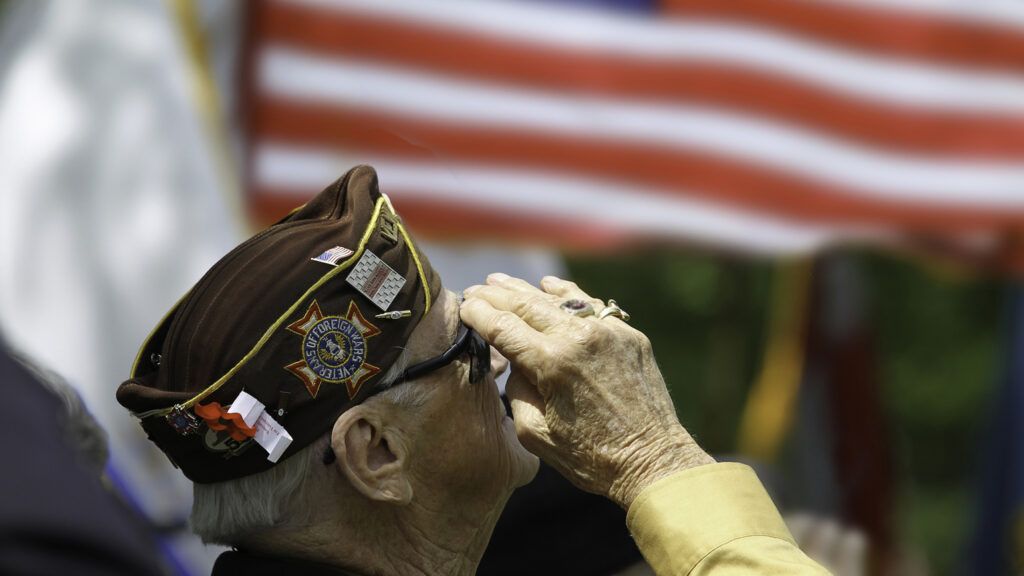This article is based on information provided by Home Instead Senior Care.
A willingness to listen is sometimes all it takes for us to realize that the seniors in our lives are a treasure trove of information. Their historical legacies are of value not only to their families, but to others. Caregivers can serve an important role by nudging their loved ones to open up and share their tales.
Q. I am looking for ways to preserve the stories of my 82-year-old father, who is a veteran of World War II. We have videotaped some of his wonderful tales, as a legacy to our children. He was widowed when my mother died five years ago, and he still lives in the original family home. How can we keep his history alive, and are there organizations that collect this type of information?
Please look into the Veterans’ History Project at www.loc.gov/vets/. The United States Congress created the Veterans’ History Project (VHP) in 2000 as part of the American Folklife Center at the Library of Congress. As its website states, the mission of the project is to collect and archive the personal recollections of U.S. wartime veterans to honor their service and share their stories with current and future generations.
You can send the Library a copy of your dad’s tape or DVD, as well as any other memorabilia. The project collects war veterans‘ first-hand oral histories, letters, diaries, memoirs, photographs, and other historical documents from World War I through current conflicts. The website offers details on how to submit these materials.
Donated items are housed in the permanent collections of the Library of Congress. After a six-month processing period, these stories are available to you and your family, scholars, students and members of the public who visit the library. Your family’s future generations, as well as other people, can reap the benefits of this great preservation project for years to come.
Encouraging your father to continue to tell stories is an excellent way to exercise his mind as well as to validate his important role in history. You could ask him to talk about these significant times in his life to grandchildren and anyone else who will listen. Consider putting his stories on paper for your family history or including them with your submission to the Veterans’ History Project.
Because your father lives alone, you might need help with a project such as this. If so, enlist a family member who has volunteer time available, or a trusted neighbor or friend. Or, you might consider hiring an in-home care companion. For example, professional CAREGiversSM from Home Instead Senior Care® often get involved in seniors’ lives by assisting with hobbies and other projects.
You’ve already completed the first important step by recording your father’s memories. That’s a family keepsake that will grow in value from one generation to the next.





